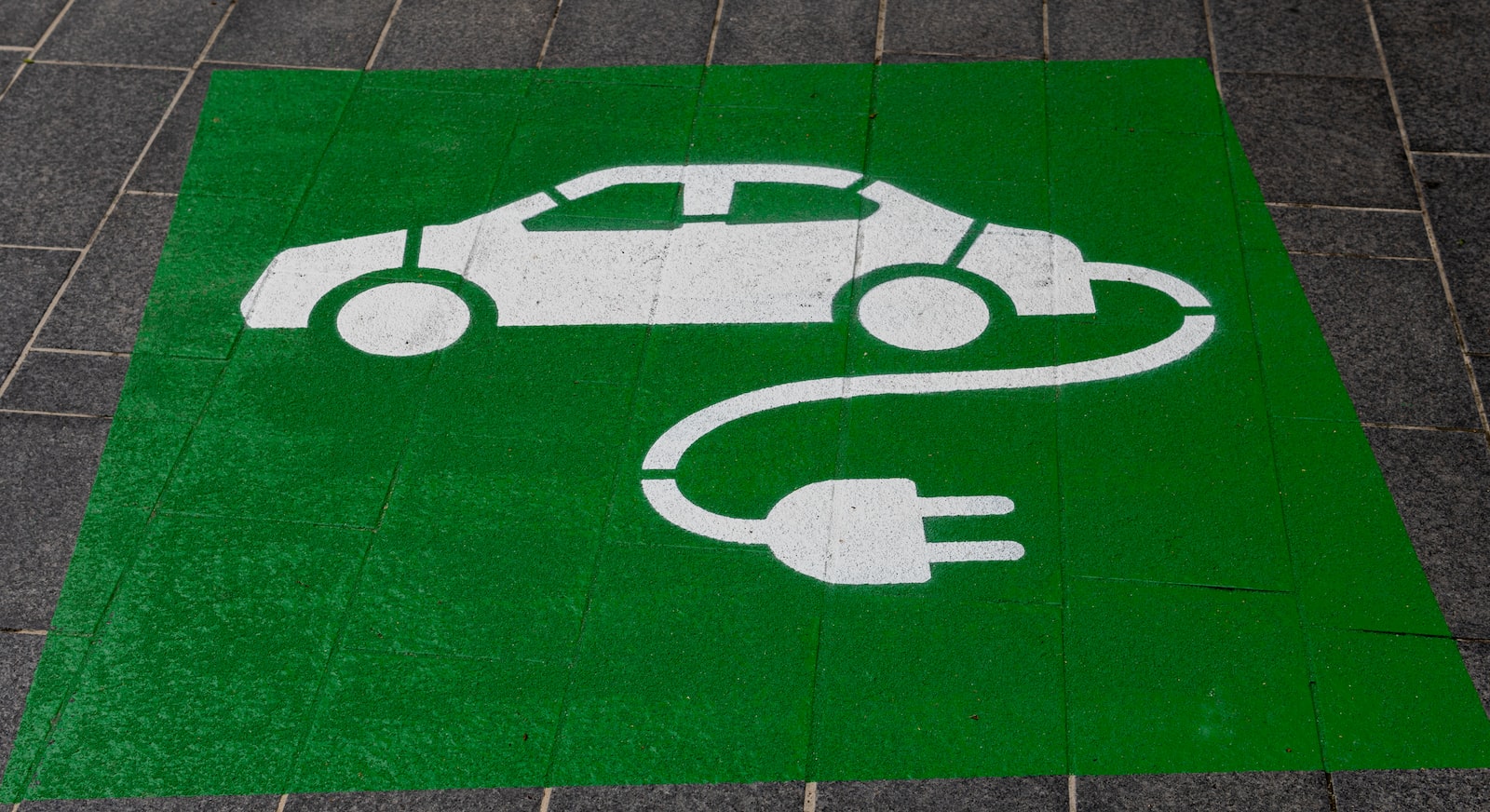New EV smart charging plan could save drivers £1,000
The government has announced plans to expand smart charging for electric vehicles (EVs), a move which could save drivers £1,000 a year.
Smart charging uses data from operators and utility companies through data connections to optimise charging when electricity is cheaper or cleaner and allow consumers to power their home using the electricity or sell it back to the grid for a profit.
Under the Electric Vehicle Smart Charging Action Plan announced today, the government and energy regulator Ofgem plan to make it the preferred method of long duration charging by 2025.
£16m of funding from the Net Zero Innovation Portfolio (NZIP) has also been secured for technologies which use smart charging, such as smart street lampposts, and projects which enable domestic appliances, like heat pumps, to integrate into a smarter energy system.

Energy and Climate Minister Graham Stuart said: ‘We want to make smart charging an easier choice for drivers of electric vehicles, whether that is charging on the driveway, at the workplace, or parked on the street. To do that we need to build new network infrastructure at pace, using the latest available technologies.
‘Today’s plan sets out how we will work with Ofgem and industry to kickstart the market for smart charging, which we are backing it up with £16m in innovation funding. This will let people take control of their energy usage, in the most convenient and low-cost way.’
From last July, all new private charge points must have smart functionality, a measure the government is looking to enhance through a consultation on a new technical framework for domestic smart systems.
The government says it will work to remove any barriers preventing the deployment of a smart charging market and ensure the UK’s energy system can handle a rise in demand.
Depending on tariff and charging patterns, EV charging app Bonnet found that variable charging could save drivers £238 a year.
High mileage drivers could save £1000 a year by delaying the power demand from electric vehicles at peak periods, such as 4pm to 9pm on winter evenings.
Photo by Michael Marais















